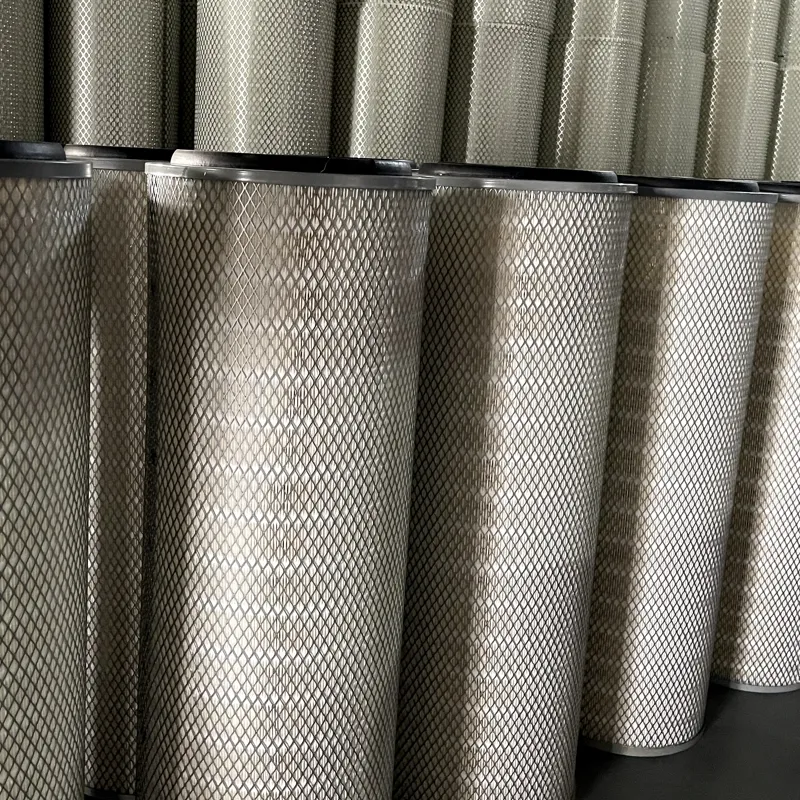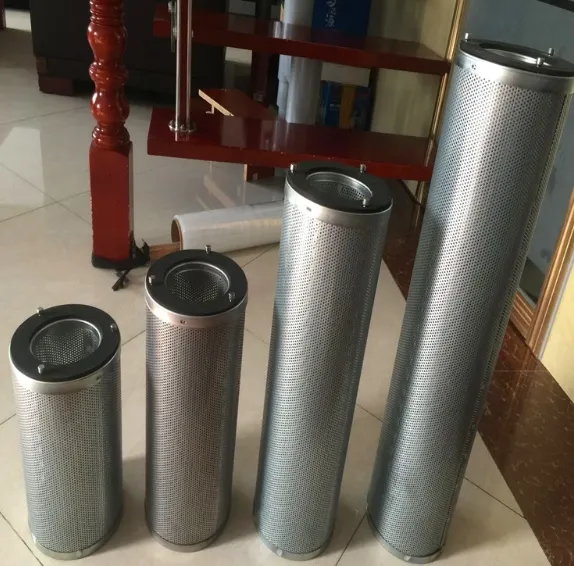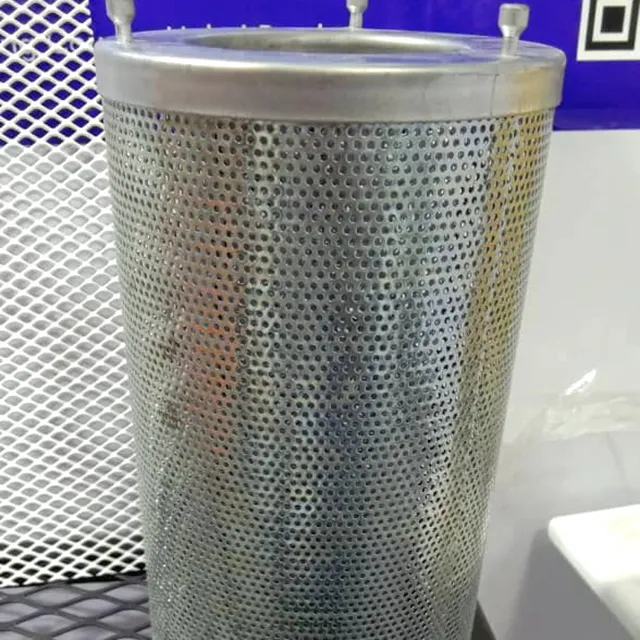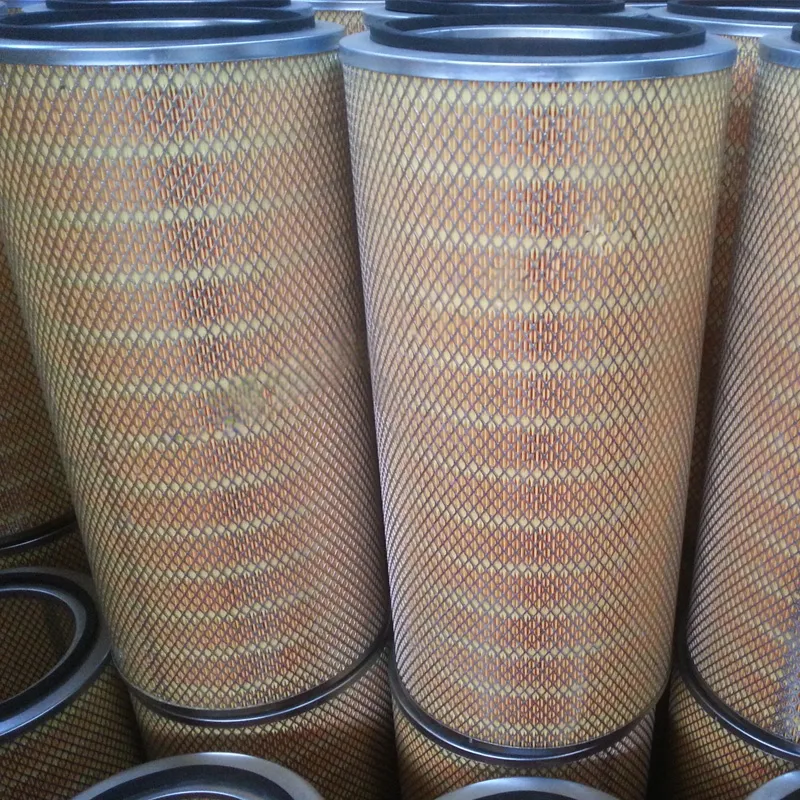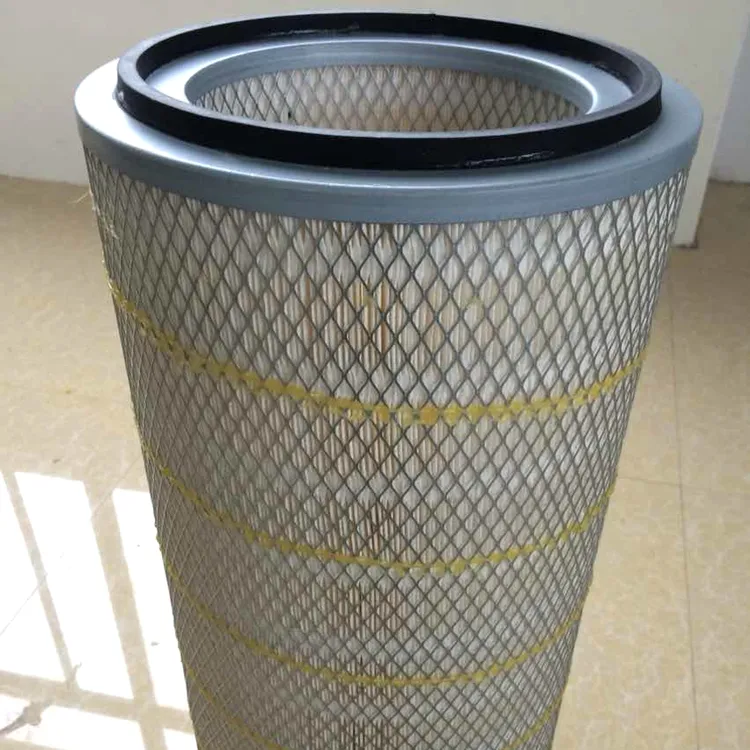 Tel:
+8618931101301
Tel:
+8618931101301
דצמ . 29, 2024 23:38 Back to list
air filter turbine
The Importance of Air Filters in Turbines Enhancing Efficiency and Longevity
In the world of industrial machinery and energy generation, turbines play a crucial role. Whether in power plants, aviation, or manufacturing, turbines convert various forms of energy into mechanical power. However, their efficiency and longevity are significantly influenced by the quality of air filtering systems employed in these machines. This article explores the importance of air filters in turbines, their operational benefits, and best practices for maintenance.
Understanding Turbine Operation
Turbines operate on the principle of converting energy from fluids (liquids or gases) into mechanical energy. In the case of gas turbines, air is drawn in, compressed, mixed with fuel, and ignited to produce high-velocity exhaust gases that drive the turbine blades. This process necessitates an uninterrupted supply of clean air. Contaminants like dust, dirt, and moisture can severely impact turbine performance, hence the need for effective air filtering systems.
The Role of Air Filters in Turbines
Air filters serve as the first line of defense against pollutants that can harm turbine components. These filters are designed to trap particulate matter, which helps in minimizing the wear and tear on turbine blades and other internal parts. A high-quality air filter can enhance airflow while effectively reducing the presence of contaminants, thereby optimizing the combustion process and increasing overall efficiency.
1. Preventing Damage Contaminants can cause abrasion on turbine components, resulting in costly repairs and downtime. By using efficient air filters, the entry of dirt and particulates is minimized, which substantially reduces the likelihood of mechanical failure.
2. Improving Efficiency Clean air ensures that the turbine can operate at its designed efficiency. When air filters become dirty or clogged, the airflow is restricted, which can lead to incomplete combustion and lower energy output. This inefficiency not only wastes fuel but also increases emissions, contributing to environmental concerns.
3. Extending Equipment Life Regularly maintained filters contribute to the longevity of turbine systems. By preventing damage caused by particulates, these filters allow turbines to function smoothly over extended periods, reducing the frequency of repairs and replacements.
Types of Air Filters for Turbines
Air filters vary in design and materials, each suited for specific applications
. Some common types includeair filter turbine

- Mechanical Filters These are made from fibrous materials that physically trap particles. They are widely used due to their cost-effectiveness and adaptability to various operational conditions.
- Electrostatic Filters These filters utilize an electric charge to capture particles. They are particularly effective for smaller particles and can maintain airflow rates, which is critical for turbine functionality.
- HEPA Filters High-Efficiency Particulate Air (HEPA) filters trap a significant percentage of fine particles. While these filters are more expensive, their ability to remove up to 99.97% of dust and allergens makes them ideal for sensitive environments.
Maintenance Practices for Air Filters
To ensure optimal performance, it is crucial to implement a regular maintenance schedule for air filters in turbines. Here are some best practices
1. Routine Inspections Regularly check air filters for signs of wear and clogging. Visual inspections can help detect premature failures that could hinder turbine performance.
2. Timely Replacements Replace filters according to manufacturer recommendations or when performance drops noticeably. Waiting too long can lead to larger issues that affect turbine efficiency.
3. Environmental Considerations Be aware of the surrounding environment where the turbine operates. Areas with high levels of dust or pollutants may require more frequent filter changes.
4. Monitoring Performance Implement monitoring systems that track air quality and filter efficiency. This data can help in making informed decisions regarding when to clean or replace filters.
Conclusion
The role of air filters in turbines cannot be overstated. They play a pivotal part in maintaining the efficiency, performance, and longevity of these critical machines. By investing in high-quality air filters and adhering to maintenance best practices, industries can enhance turbine operations, ultimately leading to improved energy generation and reduced operational costs. In a world where energy efficiency and sustainability are becoming increasingly important, the significance of air filters in turbine technology is more relevant than ever.
-
Let's take you to understand the manufacturing secrets of high-quality air filtersNewsMay.16,2025
-
Will the activated carbon filter "vomit" pollutants after being used for a long time?NewsMay.15,2025
-
How to increase the filtration area of pleated dust filter element?NewsMay.13,2025
-
The impact of different filter materials on air filter performanceNewsMay.12,2025
-
The "weight" secret of activated carbon filter: the heavier the better?NewsMay.09,2025
-
Why is coconut shell activated carbon the preferred material for high-end filter elements?NewsMay.08,2025

 Email:
Email:
